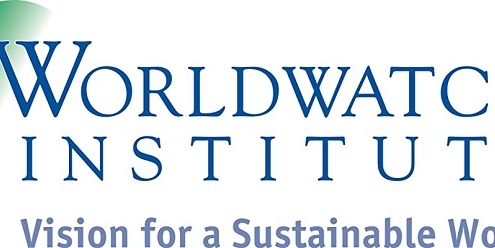 The People Planet Connect website was developed under the Knowledge SUCCESS project (Cooperative Agreement #AID-7200AA19CA00001) under the leadership of Johns Hopkins Center for Communication Programs (CCP). This website is now maintained by Johns Hopkins Center for Communication Programs and its contents are the sole responsibility of CCP. The contents of this website do not necessarily reflect the views of USAID, the United States Government, or Johns Hopkins University.
The People Planet Connect website was developed under the Knowledge SUCCESS project (Cooperative Agreement #AID-7200AA19CA00001) under the leadership of Johns Hopkins Center for Communication Programs (CCP). This website is now maintained by Johns Hopkins Center for Communication Programs and its contents are the sole responsibility of CCP. The contents of this website do not necessarily reflect the views of USAID, the United States Government, or Johns Hopkins University.


